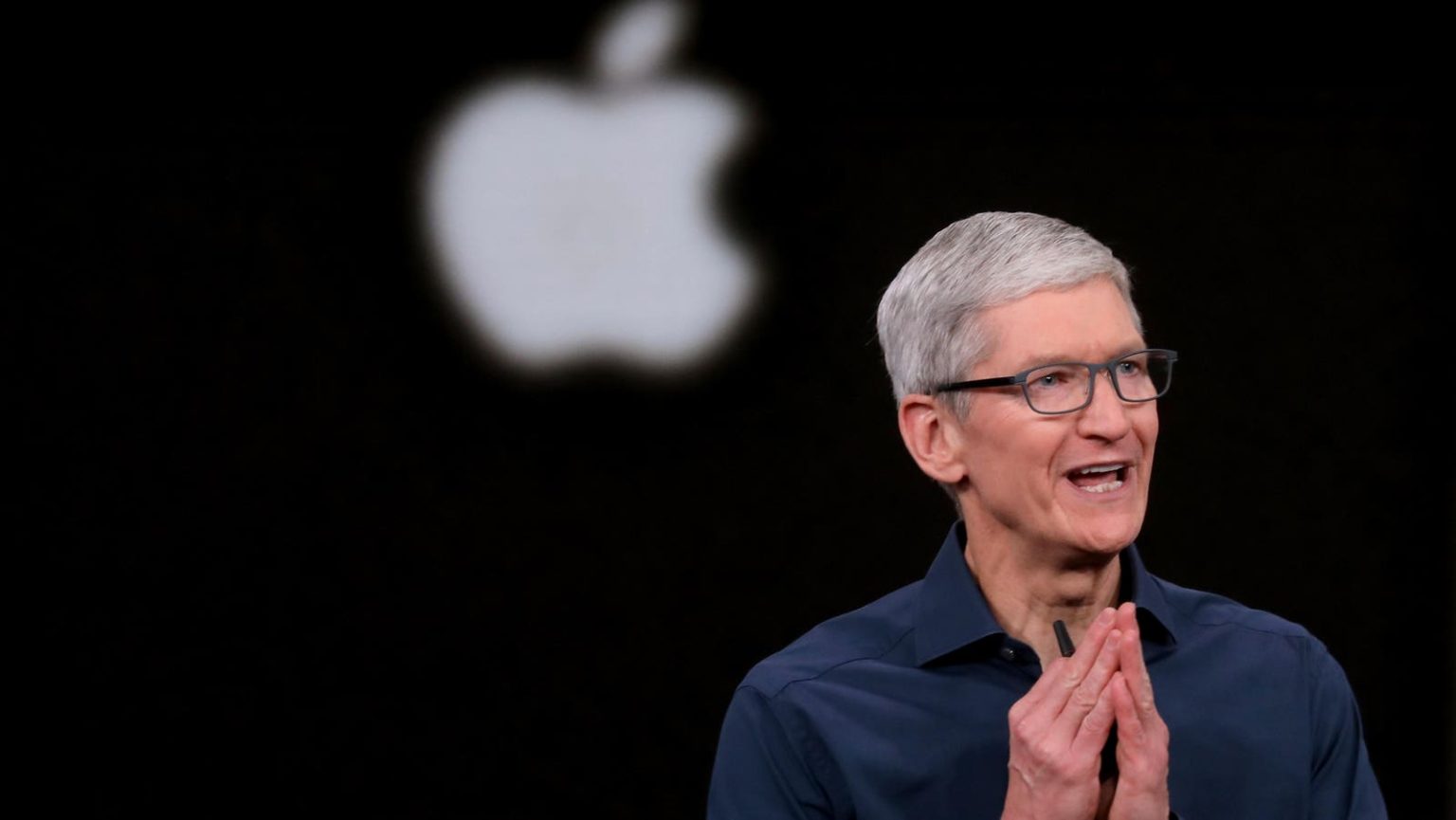Stock buybacks have become increasingly popular among public companies, with nearly $1 trillion worth of buybacks being executed amid the big-tech boom. Companies typically repurchase their own shares to increase the value of outstanding shares and reward shareholders for strong profits, alongside dividends. The volume of buybacks has increased significantly in recent years, with the S&P 500’s average dividend yield decreasing by 30% over the past five years.
The technology sector, traditionally known for not offering capital returns to investors, is now driving the buyback boom. The “magnificent seven” tech giants, including Apple and Alphabet, accounted for 26% of all buybacks among S&P firms. Apple’s record $110 billion buyback authorization, which could potentially reduce the company’s outstanding shares by 4%, has been well-received by investors. Additionally, members of the magnificent seven have started offering quarterly dividend payments, signaling a shift in their capital return strategies.
Companies choose to execute stock buybacks instead of paying dividends for various reasons. Tech companies have historically reinvested a higher portion of profits into research and development projects, making dividends less of a priority. Share repurchases can only go so far, as there is a finite amount of stock available to buy, potentially leading to dividend payments in the future. Many of the magnificent seven companies have low dividend yields, suggesting that dividends may become more prevalent as their cash flows stabilize.
Goldman Sachs forecasts that S&P companies will allocate $1.1 trillion to share repurchases in 2025, equivalent to the annual GDP of the Netherlands. While stock buybacks have their advantages, they also face criticism for potentially hindering companies from reinvesting in their operations, as well as generating little tax revenue. President Joe Biden has proposed increasing the corporate repurchasing tax to address these concerns, but this move has faced opposition from billionaire CEO Warren Buffett, who believes in allocating capital rather than paying dividends.
As the tech giants continue to generate significant cash flows and their businesses mature, a shift towards more dividend payments may be on the horizon. The debate between stock buybacks and dividends continues to evolve, with companies navigating the balance between rewarding shareholders and investing in future growth. Amidst the buyback boom, investors are closely watching how companies choose to allocate their profits and return capital to shareholders.


